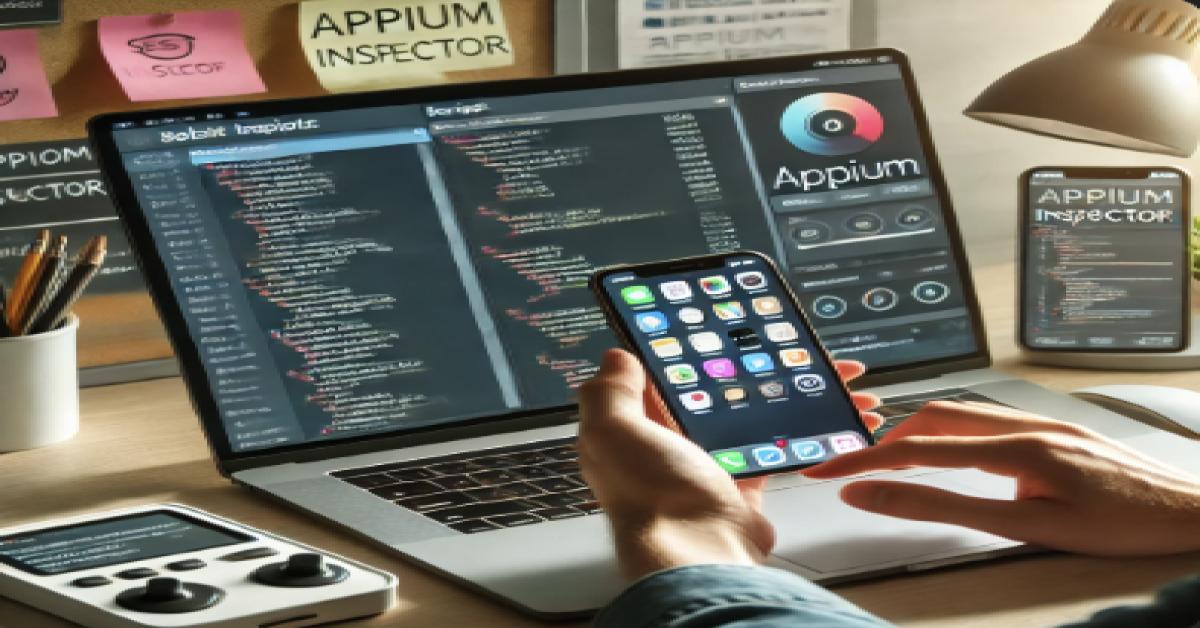App Automation on real device
Intro
During a recent project, I’ve tested various frameworks that support physical devices—this is often important because many frameworks only focus on simulators or emulators. After experimenting, here are two tools I found helpful:
TD;LR
iOS devices → Try Appium
Android devices → Try Maestro
Here’re some break down for them :
Appium:
https://github.com/appium/appium
Robust, mature, and customizable
WebView & Hybrid App Support :
If your app uses WebView for certain screens, Appium is well-equipped to handle it.
Deep interaction with System Apps :
Need to do system-level tasks (e.g., uninstalling after tests)? Appium can handle that.
Extension support :
You can use or build Appium plugins for extra functionality.
https://appium.io/docs/en/2.0/ecosystem/#plugins
Cross-Language Compatibility
Ideal for teams writing tests in Python, Java, JavaScript, etc.
Cons
1. Complex Setup:
Especially tricky for iOS (Xcode, certificates, etc.).
2. Slower than Maestro in many cases, due to its reliance on the WebDriver protocol.
Maestro
https://github.com/mobile-dev-inc/Maestro
Beginner-friendly, fast, and great for quick UI checks
Declarative, No-Code Testing
Test scripts are in YAML, so even non-developers can write them.
Faster & More Reliable
No WebDriver overhead. Has a built-in auto-retry to reduce flaky tests.
Minimal Setup
Almost zero heavy SDK/config requirements. Great for quickly spinning up tests.
Cons:
1. Limit customization
Less flexible than Appium for complex or edge-case scenarios.
2. WebView / Hybrid Issues
Not as robust for WebView-heavy apps.
3. Not support iOS physical device













